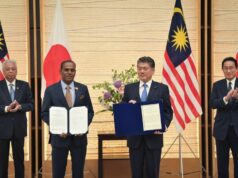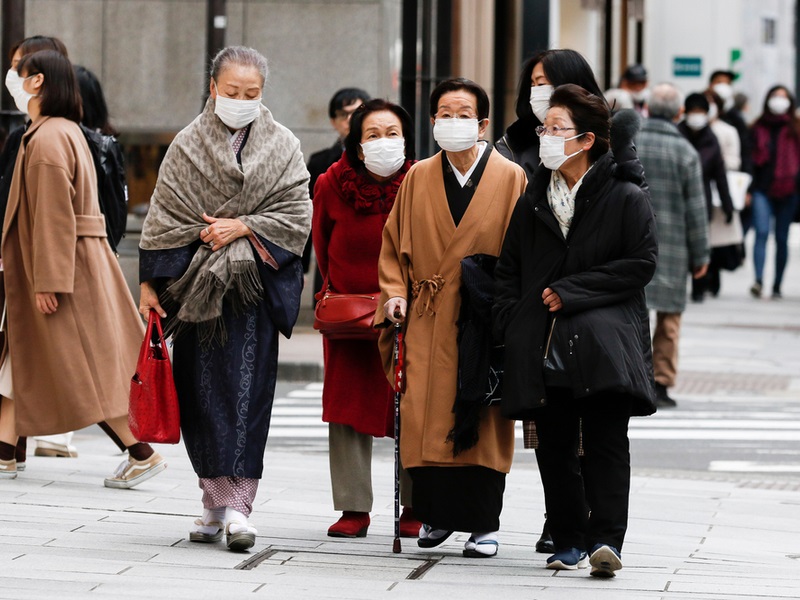TOKYO, Sept 25 – Japan will build the world’s largest storage battery system in Hokkaido as early as this autumn and begin experiments to control fluctuations in the production of electricity from renewable energy sources.
The project is aimed at promoting the use of renewable energy sources by addressing a key defect – unstable generation of power, Japan’s Jiji Press reported.


But electricity from such sources accounts for only 1.6 pct of total output, partly because solar and wind power generation is greatly affected by weather conditions.
To overcome obstacles to increasing use of renewable energy, the Ministry of Economy, Trade and Industry decided to introduce a large-scale system that stores surplus electricity when weather conditions are favorable and releases it when power generation is insufficient.
While Sumitomo Electric Industries Ltd. and Hokkaido Electric Power Co. will lead the project, the ministry has provided 20 billion yen to (RM653.6 million)to cover the full cost of developing and manufacturing the system.
“A subsidy in full is an exception of exceptions,” said a senior ministry official.
For the project, Hokkaido Electric will build what is called a “redox flow” battery system, produced by Sumitomo, at a substation in the town of Abira. With a capacity of 60,000 kilowatt-hours, the system will be as high as a six-story building.
A redox flow battery repeats charging and discharging operations in a tank, using an electrolytic solution of a metal known as vanadium. While it is safe and has a lifespan of 10 to 20 years, it can be readily converted into a large system, according to experts.
The ministry believes that the introduction of redox flow batteries will enable utilities to buy 10 pct more electricity from green energy sources.
Nevertheless, there remain many hurdles before widespread use of renewable energy is achieved.
Since the feed-in tariff system started, for example, solar power generators have flocked to Hokkaido, northernmost Japan, due to the ample availability of land. While Hokkaido Electric can buy no more than around 400,000 kilowatts from large solar systems, each capable of generating 2 megawatts or more, applications for sale total 1,565,000 kilowatts.
To address the oversupply, the utility needs to build a grid to transmit electricity to the Tokyo metropolitan area.
But Ryuichi Yokoyama, a professor at the Faculty of Science and Engineering at Waseda University, points out the problem of high cost. “Surplus electricity in Hokkaido can be sent for use in Tokyo if a total of one trillion yen is spent (RM32.7 billion),” he said, calling for the government to take the initiative in constructing grids.
Yokoyama also said renewable energy may serve to undermine electric power companies’ regional monopoly in the supply of electricity and raise its share of total power output to 15 pct, depending on government measures.
– BERNAMA










